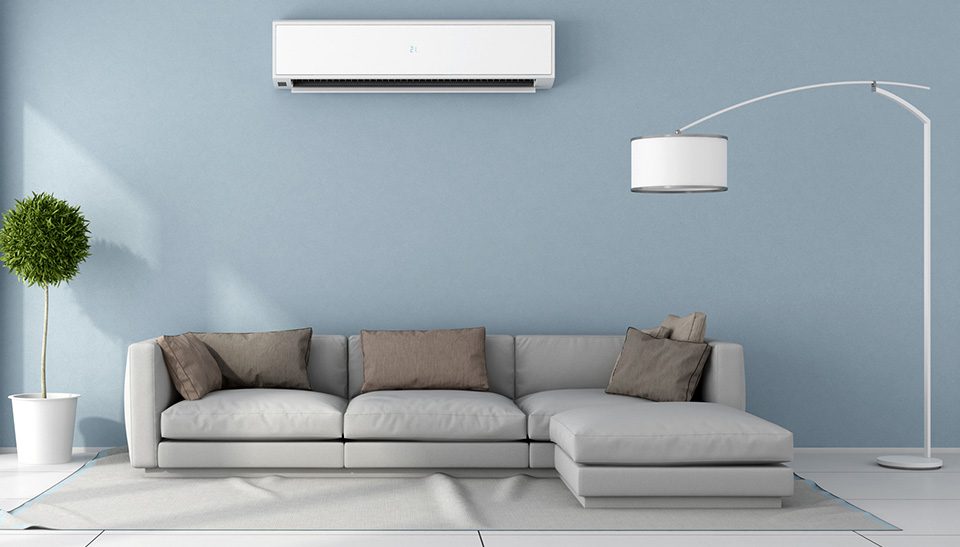Instant and endless hot water isn’t just a luxury anymore – it’s a necessity. Whether it’s for dishes, laundry, or a relaxing bath, you want quick access to hot water at home or work. A tankless hot water heater can provide exactly this – here’s what to know.
How Tankless Hot Water Heaters Work
A tankless hot water heater has a sensor that trips when the tap is turned on. This triggers the unit to turn on and superheat the water, which is then mixed with cold water to reach the set temperature. This produces hot water on demand.
Types of Tankless Heaters
There are several different types of tankless heaters, including:
- Gas-powered tankless heaters. These use natural gas or propane to instantly heat water as it moves through the equipment. There are two subtypes of gas tankless heaters – condensing and non-condensing. Condensing heaters are more efficient but non-condensing heaters are more affordable.
- Electric tankless hot water heaters. Most tankless water heaters are powered by electricity. These don’t need a heat exchanger or fossil fuels to work.
- Point-of-use tankless water heaters. These are much smaller tankless heaters that are usually installed right next to the water source they are meant to heat. For example, this would be a great option for a sink in an outdoor shed that’s too far away from the main house to share its water.
Benefits Of Tankless Hot Water Heaters
Home and business owners with a tankless heater never have to worry about running out of hot water or waiting for the tank to refill before having access to hot water again.
Most options are designed to use energy and space efficiently, making them ideal for small spaces and apartments. In fact, the U.S. Department of Energy reports that switching to a tankless or on-demand type hot water heater can cut your energy use up to 34%.
The majority of tankless water heaters last upwards of 20 years, making them a great long-term investment.
Common Problems With Tankless Systems
Just like any other type of heating equipment, there are some potential issues to be aware of, like:
- Mineral buildup. If you have a lot of minerals in your water, they can build up on the sides of the heater’s tubing, eventually leading to blockages and damage to the unit.
- The exhaust or air supply is blocked. Some tankless water heaters need to be vented and they won’t work properly if the exhaust air supply is blocked and the heater can’t get any ventilation.
- You haven’t reached the minimum flow rate. If your water doesn’t warm up, you may need more water pressure. This is because the sensor that tells the heater to start won’t trip unless you reach the minimum flow rate. So if your water is at a trickle, that’s probably why it won’t get warm.
- Your showers start out cold. If there’s cold water still in your pipes, your shower might be cold at first until heated water from the tankless unit can reach you. Even though the heater warms water instantly, it still has to travel through your pipes to get to you, which pushes existing cold water out first.
Overall, tankless water heaters are a great option for homes with high water usage or for people who don’t want to wait for a traditional electric or gas hot water heater to refill.
Frequently Asked Questions (FAQ) About Tankless Hot Water Heaters
Can I install a tankless hot water heater myself?
Tankless hot water heaters should always be professionally installed. There’s a risk of burns, electrocutions, and even gas leaks or explosions in the case of gas-powered tankless hot water heaters.
How much does it cost to have a tankless hot water heater installed?
Having a new tankless hot water heater installed in your home can cost anywhere between $5000 to $9000 depending on the type and size of heater you choose and where you want to have it installed.
How do I choose the right tankless hot water heater?
The tankless water heater you choose will depend on a number of factors like your budget, the size of your home, what you’re using the heater for, and the availability of fossil fuels in your area. An experienced water heater contractor can help you decide on the best option to suit your individual needs.


